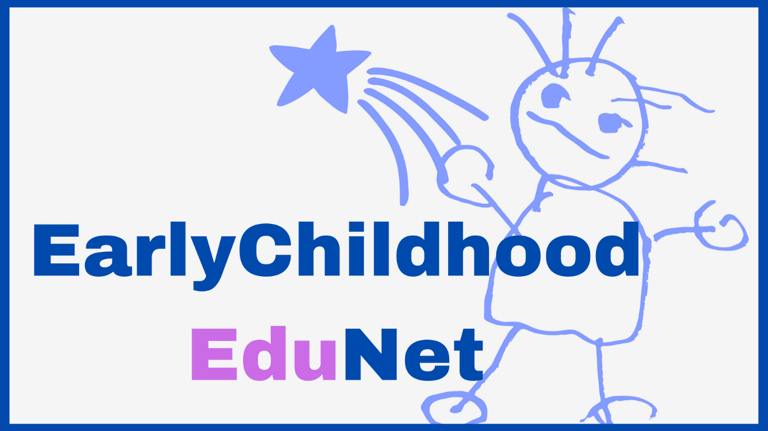How Reflection Is Used by Early Childhood Teachers to Improve Learning
In this blog post, we'll explore how childhood educators use reflection as a powerful tool in their teaching arsenal.

Why does teaching require reflection?
Reflection is one of the key components practised by child educators as it helps them improve the teaching strategies, the class interaction, and hence the student's learning outcomes.
Understanding the Concept of Reflection:
Through reflection in education, the process incorporates events evaluation, thought process on what has happened, and consideration of how things ought to be done in the next attempt.
It is metacognitive process which helps teachers to understand their practice of teaching and enable them to take the correct decisions.
This is the situation wherein teachers experience a long process of deep thought to know themselves which helps them to educate themselves on their teaching practice. Then, finally, they get to make good thinking and a quality decision to improve.
Benefits of Reflection for Childhood Educators:
Enhances self-awareness: By reflecting upon their teaching styles, reflective teachers can be more aware of where they have strengths and where they can make improvements.
Improves teaching practice: Teachers can enrich their teaching methods through an analysis of different techniques and often improve the results when they try them out.
Fosters professional growth: Ongoing reflection is one of the major gateways to the continuous personal development of educators forming a reserve of experience.


How Childhood Educators Can Use Reflection:
Keeping a reflective journal: Educators can keep a running diary to jot down their thoughts, moods, and examination of the teaching process.
Seeking feedback: Seeking evaluation from fellow staff, elders or students could give you a hint for the reflection.
Participating in professional development: Joining workshops, conferences as well as training sessions will help educators explore new ways of doing things, triggering a self-reflection process of their current ways of teaching.
References:
Australian Children's Education and Care Quality Authority. (2020). Reflective practice: An essential ingredient for quality. Retrieved from https://www.acecqa.gov.au/sites/default/files/2020-07/reflective-practice-an-essential-ingredient-for-quality.pdf
Dewey, J. (1933). How we think: A restatement of the relation of reflective thinking to the educative process. Lexington, MA: D.C. Heath and Company.
Anderson, E. M. (2014). Transforming Early Childhood Education through Critical Reflection. Contemporary Issues in Early Childhood, 15(1), 81-82. https://doi.org/10.2304/ciec.2014.15.1.81
Schön, D. A. (1987). Educating the reflective practitioner: Toward a new design for teaching and learning in the professions. San Francisco: Jossey-Bass.
